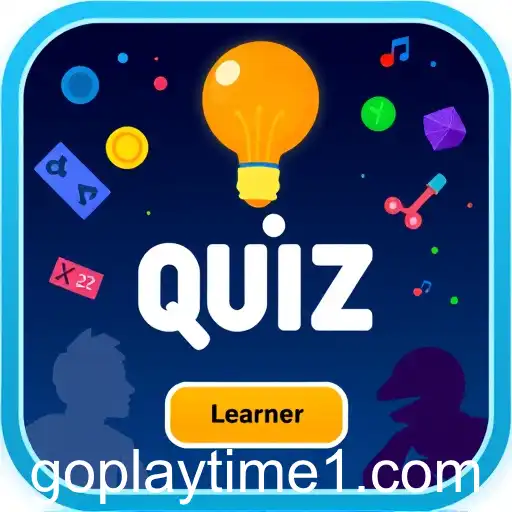
Explore the impact of online English gaming, focusing on 'go playtime', and its role in education and entertainment dynamics in 2025.
The world of gaming is ever-evolving, but 2025 marks a distinctive year for the English-speaking gaming community. The phenomenon known as 'go playtime' has captured attention globally, serving a dual purpose of education and entertainment. This dynamic evolution in gaming comes as no surprise, reflecting a broader trend that has been building for several years: the gamification of learning.
In recent months, 'go playtime' has become a buzzword among educators and game developers, symbolizing a potent blend of recreational enjoyment and educational efficacy. As children, teenagers, and even adults spend more time engaging in digital environments, the game-based learning space has grown exponentially. Platforms that initially focused on entertainment are now consciously incorporating educational content, particularly language learning modules, into their offerings.
Statistics from educational bodies reveal a substantial increase in English language proficiency among users who engage with such games regularly. This is particularly relevant in non-English speaking countries where 'go playtime' has rapidly gained popularity. The intertwining of gaming with language learning has not only made English more accessible but also more appealing, especially to younger audiences.
Several top-tier gaming companies have partnered with educational experts to ensure the content provided is both engaging and pedagogically sound. This aligns with a broader global trend where digital solutions are increasingly being sought to bridge educational gaps exacerbated by recent global disruptions.
The rise of 'go playtime' also reflects an inclusive trend. Many of these games offer robust communities where users can interact, share, and improve their skills collaboratively. This interactive element is crucial as it mimics real-world language use, offering practical, immersive experience that traditional methods may lack.
Industry reports predict continued growth in this sector, with greater investment and innovation directed towards advancing the educational viability of these games. As the industry continues to expand, stakeholders are keenly aware of the importance of feedback loops between developers, educators, and players, ensuring these platforms meet evolving needs and expectations.
The dynamics of online English gaming in 2025 underscore a transformative period where traditional educational paradigms are being challenged and reformed. As 'go playtime' and similar initiatives continue to flourish, they pave the way for a future where learning is seamlessly integrated into day-to-day digital engagements, making language acquisition both effortless and enjoyable.




